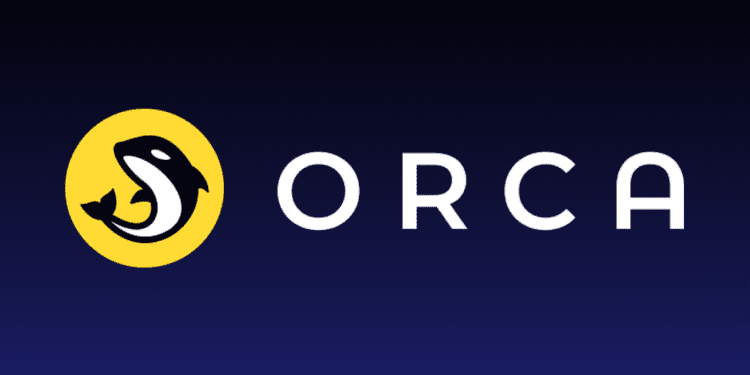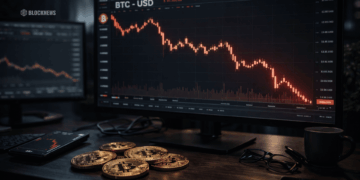- US-based users will be banned from trading on Orca’s web interface beginning March 31st.
- Orca said the ban exempts those who trade directly using smart contracts and their ability to provide liquidity.
- US crypto users await the US treasury report on the illicit use of DeFi platforms compiled by the Division of Terrorist Financing and Financial Crimes led by Elizabeth Rosenberg.
The leading decentralized exchange (DEX) on Solana, Orca, has announced that it will ban all users from the United States from using its web interface, Orca.so, for trading as of March 31st.
According to the announcement on the exchange’s official website that was made public on March 16th, the United States will be added to the list of regions and countries which are restricted from using the site. The announcement further clarified that “This will not impact the ability of U.S. users to interact with Orca’s smart contract or SDK directly, nor will it impact their ability to provide liquidity through orca.so.”
The specific reason for the ban has yet to be disclosed. However, community members speculate that it is due to the stringent regulations in the U.S. as interest and talks have increased on Orca’s discord.
Orca is not the first exchange to ban users located in the U.S. To stay out of the way of American regulators, cryptocurrency exchanges that lack U.S. licenses frequently restrict American users. This is common among centralized exchanges, but decentralized ones have hesitated to follow suit, with a few notable exceptions.
One of the DEXs with a ban on US-based users is Aggregator 1inch, which in September 2021 started barring American users after making it clear in its terms of use that Americans were not permitted to access its interface. Additionally, Binance DEX also prohibited U.S. users in June 2019.
It is difficult for a DEX to completely ban users from a given location because, unlike centralized exchanges, DEXs lack a centralized “back end” or developer-controlled database. As a result, many users have discovered that they can usually get around geographic restrictions by using a VPN to mask their I.P. address or by connecting directly to the blockchain using a developer tool such as Hardhat or Truffle.
Tightening U.S. Regulations
The regulations and crackdowns in the U.S. have escalated in the recent past. Based on information released earlier this month, a revised version of the well-known, bipartisan cryptocurrency law launched last June will be presented to the U.S. Senate in mid-April.
The bill, which concentrated on creating a new legal definition for cryptocurrencies, outlining the responsibilities of regulators, stepping up oversight of stablecoins, and changing cryptocurrency taxation, has yet to be passed.
Additionally, Assistant Secretary Elizabeth Rosenberg of the Treasury Department’s Division of Terrorist Financing and Financial Crimes stated that she was looking into the dangers of fraudulent use of decentralized finance (DeFi). She said:
” I am interested in using DeFi legally. However, fraudsters are always looking for ways to hide their criminal activities and launder criminal proceeds, which also poses a threat to DeFi and the rest of the cryptocurrency ecosystem.”
She added that her team was working on a risk assessment of illicit financial activity in DeFi and would release the evaluation results soon.














